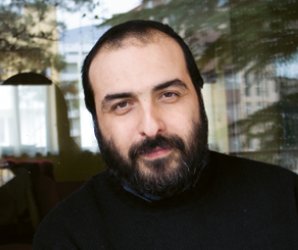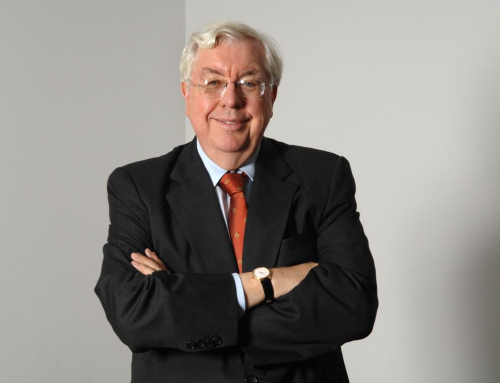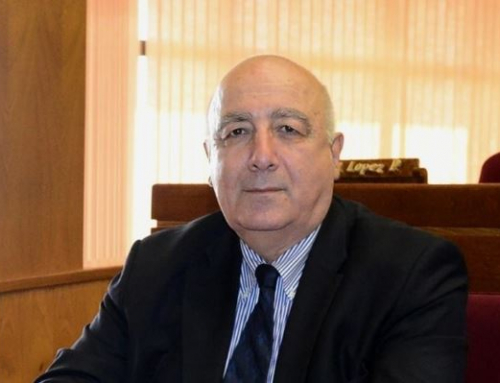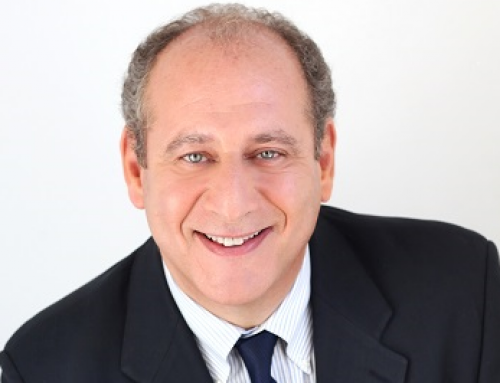What does the U.S. expect from Georgia and what does Georgia expect from the U.S.?
The U.S. has repeatedly declared Georgia a beacon for democracy and the most westernized country in the region, which accordingly can be called ‘partly democratic’, writes Zaza Shatirishvili, philosopher and philologist.
So Georgia is not only be a strategic partner for the U.S., but at some point also a model for the region, which should become more like Georgia as time goes by. This means that transition of power, a strong opposition, free courts and free business should become absolutely natural and normal for everyday Georgia.
Saakashvili’s regime has been considered a successful project until today. This is partly true. But what makes it successful? First of all, as the government itself says, the most successful reform is the police reform and establishing a safe environment. And this is really true. In other words, the government brought order. But did it bring freedom? If we look at the U.S. State Department’s report this year about human rights, there are many unfavorable things for Georgia: mistreatment of prisoners, control exerted over courts, prosecutors office’s domination, harassment of the opposition.
So there is order in Georgia, but there is not yet that freedom, which the U.S. is expecting from Georgia. When will this freedom appear? The Georgian government often remarks that reforms are a never-ending process and as soon as you stop, you collapse. There is some truth to this, but it is not the whole truth. The defining characteristic of Western freedom is free and fair elections. Only in this case are people the source of legitimacy. But elections, as U.S. Ambassador John Bass quite correctly put it in his one of last interviews, imply not only Election Day. Fair elections are first of all about creating a competitive environment for all participants. In this regard, fairness in the distribution of media is of great importance. John Bass’ last interview is also important in this regard: He supports a request by Georgian journalists and NGOs that each Georgian citizen should be able to watch all the channels he or she wants.
So we can answer the question ‘what does the U.S. expect from Georgia?’ quite briefly: Of course freedom, along with order. In this specific case it will be expressed through free elections and the transfer of power by Saakashvili. This will be Saakashvili’s most successful reform. We earlier wrote that Saakashvili’s real victory would be the defeat of his party in these elections, because this way Georgia would finally get rid of the Russian model of the same forces staying in power indefinitely.
But what does Georgia expect from the U.S.?
There are several answers, as our society is separated in several parts.
The government and its supporters are expecting further recognition of Saakashvili’s merits.
The opposition are expecting that the U.S. sends a clear message to the government to create a competitive election environment.
The majority of the Georgian population expects that this will be followed by improvements in the standard of living.
In my opinion, all these expectations are correct. In fact, the U.S. should once more recognize that Saakashvili had certain successes and that his regime has taken steps forward.
At the same time the U.S., as a mecca of world democracy, is obliged to send Georgia a clear message that it is important to make the election environment democratic. If the election environment is improved before October, then each citizen will be able to believe that he can improve his own situation – if, of course, the government creates the conditions for this.
And then the results of the Rose Revolution will become irreversible.






Leave A Comment
You must be logged in to post a comment.